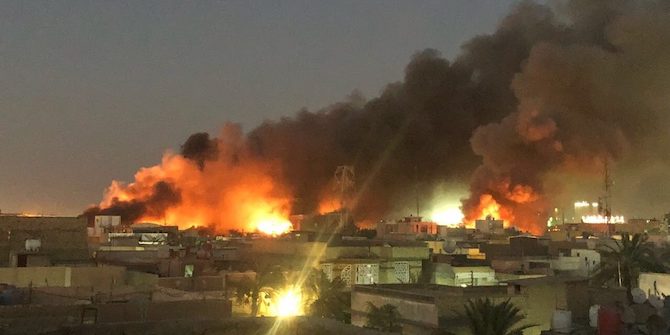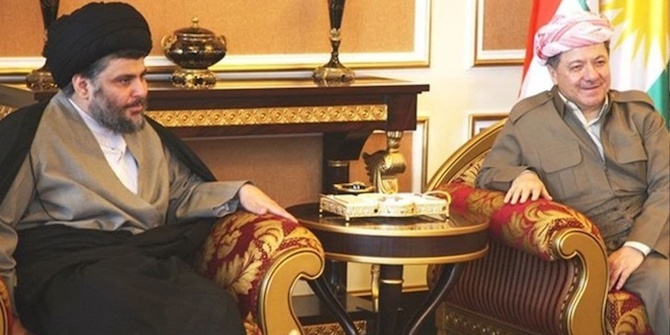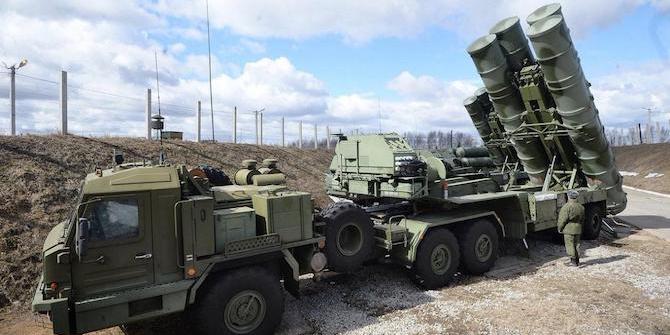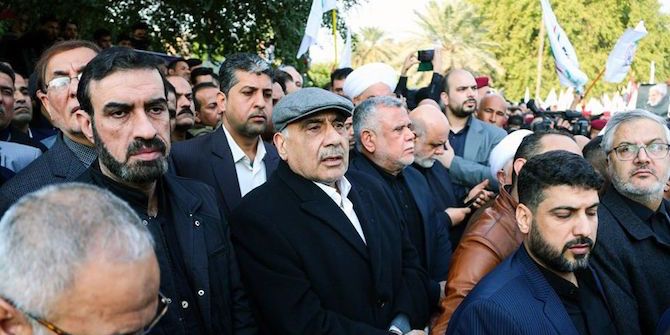by Bushra Mahdi
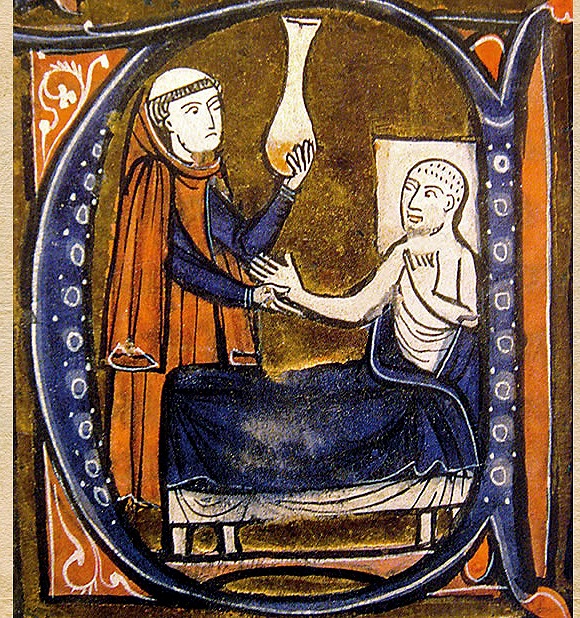
BAGHDAD – Ammar* arrived at the Ibn Sina hospital in the Green Zone with his mother, wearing a worried look that revealed his fear and dread. His mother – having suffered a sudden seizure and lost the ability to walk – was in need of urgent care and, most of all, answers. He hoped that within this gated and developed part of the city, his mother would receive the care she needed. What followed was a harsh reality that Ammar already knew all too well: a broken healthcare system that could not even provide a comfortable place for his mother to sleep.
This reality is ubiquitous across Iraq, a country left so devastated by constant violence for over two decades it no longer holds value in preserving life. When society fails to deliver on basic survival needs, such as a functioning healthcare system, what other choice is there but to rely on other means? Faith is but a survival mechanism for Iraqis that have no trust in the science delivered to them.
A visit to a hospital in Iraq today strangely resembles that of visiting the country’s heritage sites. Abandoned, unclean and exuding no sign of serving its purpose. The lines between science and faith have forcefully faded and the reliance on God’s will to heal far outweighs an evidence-based approach to treatment.
How can this very same city also be home to the earliest documented general hospital? Dating back to the ninth century, the vizier to the caliph Harun al-Rashid constructed the first bimaristan hospital system. This system prioritised patient treatment based on the latest scientific evidence, and the location of the hospital was considered a crucial part of the development process. The current state of Iraq’s healthcare system could not resemble this rich history less, as the bimaristan was thoughtfully placed to ensure perfect harmony between healing and nature. The vizier did this by placing meat at different sites across Baghdad, identifying that the site with the least spoilt meat would have the cleanest air.
Successive bimaristans were scattered across Baghdad to honour this relationship between nature and medicine. The city saw the construction of numerous other hospitals, including one located beside the Dejla (Tigris) river, where the courtyard allowed water to flow through the building and back into the river. Iraqis are well aware of their land’s rich history. Scientific advancement is at the heart of this city and has long been the driving force behind its custodians and inhabitants. Re-ownership of this heritage would allow for the coexistence of faith and science, as originally characterised Baghdad.
However, the nation’s cultural heritage has been stolen along with the essential identity it could provide Iraqis today. The underlying factors that lead to this are heavily tied to institutional corruption. The power-sharing arrangement, or muhassasa, put in place by the US post-invasion, helps to foment corruption by allowing a governing state that is divisive and self-serving. The result is a governing power that does not prioritise the development of an identity for Iraqis based on shared values, but rather on ethnicities and religions.
The identity-reconstruction in post-conflict regions has figured in research as a key driver in societal healing after prolonged periods of violence and war. In the case of Iraq, it is the absence of evidence-based strategies in collective healing that contribute to the healthcare crisis. Not only is this an internal (and grave) failure on the part of the Iraqi government, but also a global failure to recognise the constant denial of of Iraqis rights to stability and peace after the attendant chaos of the 2003 US invasion.
There needs to be recognition of how marginalisation of communities based on a supposed inherent proneness to violence can contribute to health injustices. The dehumanisation of populations that have been plagued with violence for long periods of time only perpetuates their fate. For example, a recent visual contextualises the increase in cancer rates after the Falluja assault with those after the infamous Hiroshima attack. There is a notable popular ignorance towards the mass suffering of people that can translate as neutrality towards health oppression. This is not only a product of regional corruption but is a misuse of science as a whole. What is science if not a tool for providing knowledge and fostering progress? In the absence of progress, people have had to resort to faith as a means of healing, as science has failed them.
To some Iraqis, both faith and tradition are active components in curing diseases. Local mosques in Baghdad are replete with scenes of mothers, daughters and relatives tying the clothes of their ailed loved ones to the doors and handles of the mosque, immersed in their requests for God to heal them. Alternative medicine is also a normalised part of treatment. Baghdad’s old Bab al Moutham district houses shops selling spices with various concoctions that are believed to cure a wide range of illnesses, from minor to serious conditions such as lung cancer. Many patients throughout the country choose to seek remedies from unlicensed healers who rely on medical texts written a millennium ago by the Islamic scholar Ibn Sina.
The revival of older traditions and reliance on faith-based practices in Iraq is not a reflection of inadequate education or a lack of appreciation for science. Rather, it is a survival mechanism that Iraqis have had to adopt due to the absence of a viable alternative. Restoring people’s confidence in science is crucial, and a global collaborative effort is needed to incorporate faith and tradition into a comprehensive approach to healthcare.
*Ammar is a fictional character based on many real-life Iraqis that live the crisis of healthcare in Iraq.
[To read more on this and everything Middle East, the LSE Middle East Centre Library is now open for browsing and borrowing for LSE students and staff. For more information, please visit the MEC Library page.]



